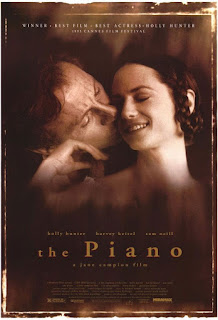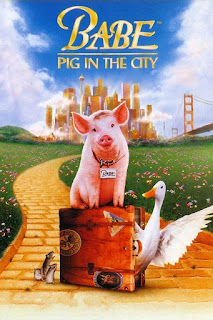November 22nd: KISS ME DEADLY (Robert Aldrich, 1955)
NOTE: This film will be projected in the high-definition Blu-ray format.
A detective investigates the murder of a hitchhiker and stumbles upon a nefarious conspiracy.
Robert Aldrich climbed his way up through the studio system, working as an assistant to notable humanist directors like Charles Chaplin and Jean Renoir, then directing in television before making his own features. A lifelong liberal, he soon became known for tough characters reckoning with the brutal world around them.
Aldrich decided to produce a film based on the works of Mickey Spillane, the most popular crime writer of the era, known for novels of great violence featuring his vengeful private eye character Mike Hammer. Brought onboard to adapt the title Kiss Me Deadly was writer A.I. Bezzerides, who had made his name with scripts based on his own novels.
Bezzerides and Aldrich barely masked their contempt for Spillane's worldview, satirizing its more fascistic elements and paranoia of Communism, a hot-button topic already in the mid-1950s with the rise of Senator Joseph McCarthy and the persecution of leftist Hollywood writers, directors, and actors.
Starring in the role of Hammer was acclaimed stage actor Ralph Meeker, joined by Maxine Cooper and future Oscar-winner Cloris Leachman (The Last Picture Show) in their first speaking roles, as well as veterans Paul Stewart (Citizen Kane), Albert Dekker (The Wild Bunch), and Strother Martin (Cool Hand Luke).
Behind the camera was Hungarian emigre Ernest Laszlo (Stalag 17, D.O.A.), a frequent collaborator of Aldrich's. The film was shot on location in Los Angeles (the setting changed from the novel's New York), primarily in the Bunker Hill neighborhood, most of which has since been torn down. MPAA censors demanded cuts to the film because of its references to drugs, Aldrich substituting atomic bomb intrigue in its place.
The film was a moderate success upon release, withstanding an additional outcry from the Legion Of Decency for its violence. Aldrich took it upon himself to defend the film publicly in the newspaper. Regarded by critics as a trashy b-movie at the time, it has since become a major title in the Film Noir subgenre, particularly as the French New Wave critics and filmmakers bolstered Aldrich as a underappreciated auteur.
Running time is 105 minutes.
A detective investigates the murder of a hitchhiker and stumbles upon a nefarious conspiracy.
Robert Aldrich climbed his way up through the studio system, working as an assistant to notable humanist directors like Charles Chaplin and Jean Renoir, then directing in television before making his own features. A lifelong liberal, he soon became known for tough characters reckoning with the brutal world around them.
Aldrich decided to produce a film based on the works of Mickey Spillane, the most popular crime writer of the era, known for novels of great violence featuring his vengeful private eye character Mike Hammer. Brought onboard to adapt the title Kiss Me Deadly was writer A.I. Bezzerides, who had made his name with scripts based on his own novels.
Bezzerides and Aldrich barely masked their contempt for Spillane's worldview, satirizing its more fascistic elements and paranoia of Communism, a hot-button topic already in the mid-1950s with the rise of Senator Joseph McCarthy and the persecution of leftist Hollywood writers, directors, and actors.
Starring in the role of Hammer was acclaimed stage actor Ralph Meeker, joined by Maxine Cooper and future Oscar-winner Cloris Leachman (The Last Picture Show) in their first speaking roles, as well as veterans Paul Stewart (Citizen Kane), Albert Dekker (The Wild Bunch), and Strother Martin (Cool Hand Luke).
The film was a moderate success upon release, withstanding an additional outcry from the Legion Of Decency for its violence. Aldrich took it upon himself to defend the film publicly in the newspaper. Regarded by critics as a trashy b-movie at the time, it has since become a major title in the Film Noir subgenre, particularly as the French New Wave critics and filmmakers bolstered Aldrich as a underappreciated auteur.
Running time is 105 minutes.










Comments
Post a Comment